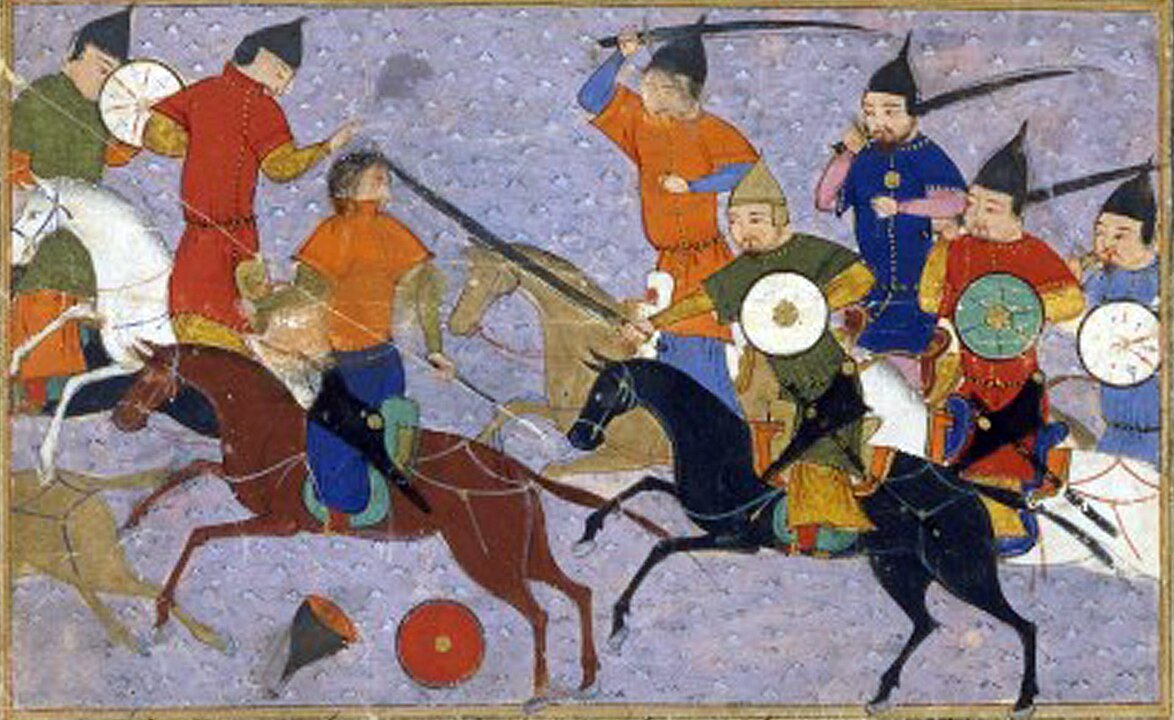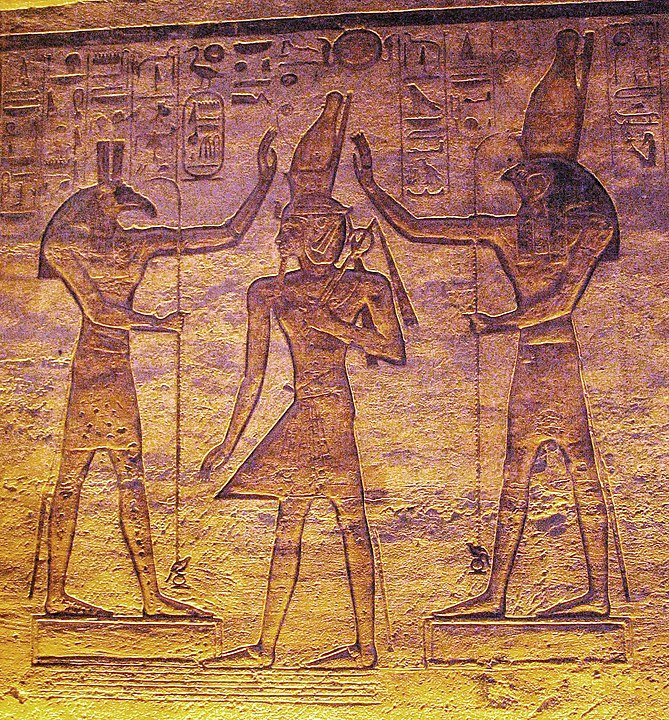Genghis Khan
Genghis Khan is considered one of the greatest and most influential leaders in history. Gengiz Han, whose real name was Temuchin, was born in 1162 in Mongolia and died in 1227. Thro his life, he conquered vast territories and established the Mongolian Empire, one of the largest empires in history. His life and achievements are remarkable in terms of military majesty, managerial skills, and cultural influence.
## Youth and Ascension
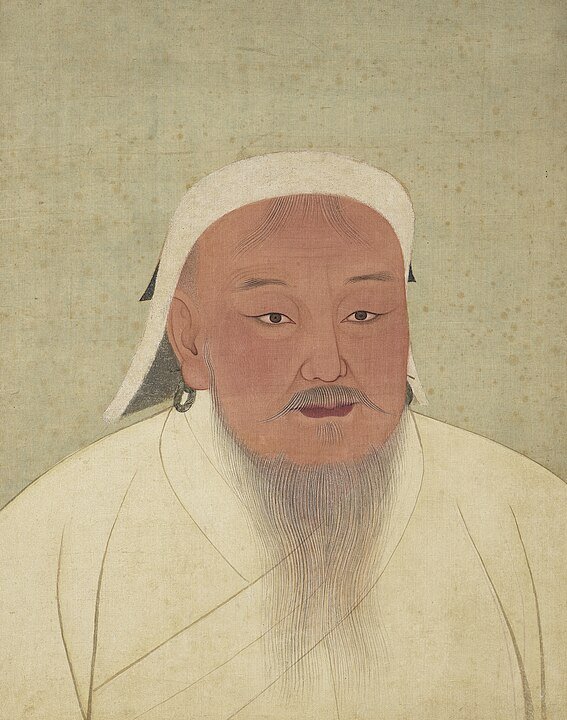
Genghis Khan’s youth was full of difficulties. Temuchin was only nine years old when his father, Yeshuge Baatur, was poisoned by a Tatar tribe. After this incident, his family were excluded by the tribe and tried to survive under difficult conditions. The young Temucin had to assume responsibility for caring for his family under the leadership of his mother Hoelun.
Temucin began to show leadership skills at a young age. He increased his strength by making friendship with the famous warrior Jamuka, but this friendship became a competition over time. Temucin managed to unite other tribes over time by acting skillfully in the power struggle between the tribes. In 1206, at a convention of the Mongolian tribes (great assembly), he received the title of Zengiz Han, which means “universal ruler”.
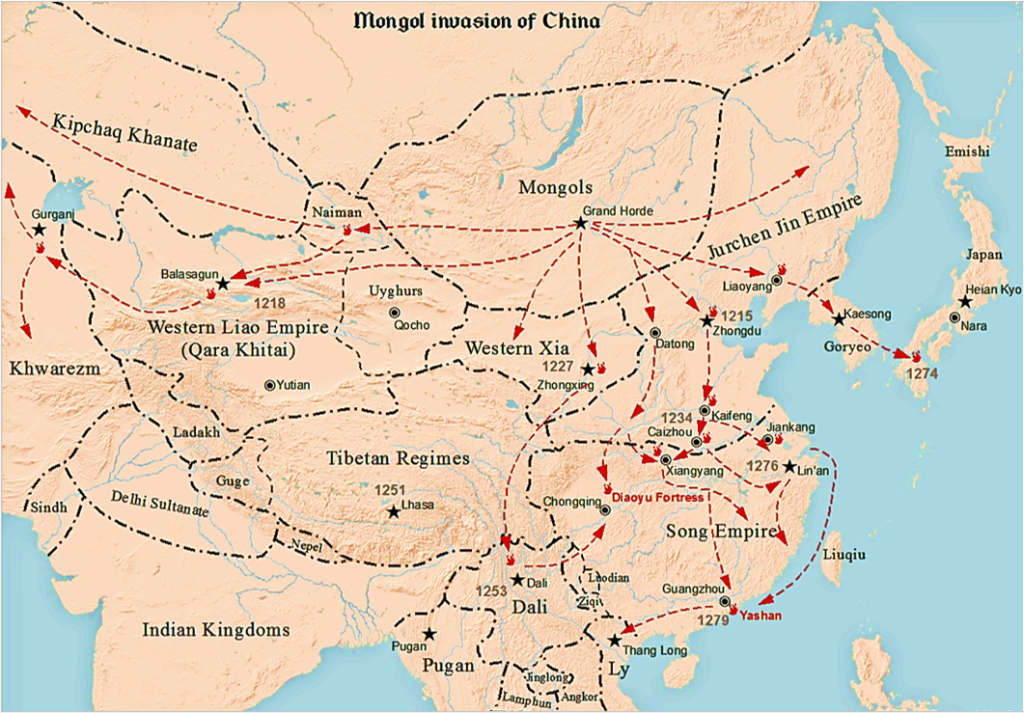
Military achievements
Genghis Khan’s military achievements reflect his strategic strength and disciplined army. The Mongolian army had excellent cavalry and was known for its ability to move quickly. Zengiz Han often surprised them by using clever tactics against his enemies. For instance, with his retreat tactics, he destroyed his enemies by trapping them into traps.
Zengiz Han first invaded the Jin Dynasty in northern China and captured its capital, Zhongdu (now Beijing), in 1215. He then moved west to the Xia and Khwarezm Empire. His campaign against the Khwarezm Empire in 1219 extended the borders of the Mongolian Empire to the Khazarian Sea. During this time, the Mongols carried out a massive destruction by pillaging the cities and slaughtering the people.
### Governance and Laws
Zengiz Han was not only a warrior, but also an influential governor. He developed a comprehensive system of laws to establish order in the territories he conquered and to keep his empire united. These laws, known as Yassa, covered many areas such as justice, military discipline, trade, and everyday life. The Yassa became the fundamental law of the Mongolian Empire and provided unity throughout the empire.
Genghis Khan encouraged trade in the territories he ruled. It secured the safety of the Silk Road and allowed merchants to move freely. Thus, the period of the Mongol Empire became a period of intensive trade and cultural trade. It also showed tolerance for different religions and allowed different religious groups to perform their own worship freely.
### Cultural and Scientific Influences
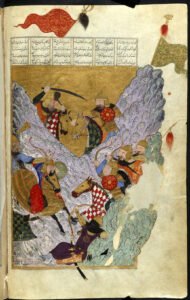
The conquests of Jingiz Han brought with them a great cultural and scientific interaction. The Mongols took advantage of their knowledge and skills by bringing scientists, craftsmen and artists from the regions they conquered to the Mongolian Empire. This led to cultural wealth and scientific progress throughout the empire.
Under the rule of Genghis Khan, the Mongolian Empire established an extensive postal system to strengthen communications. This system enabled the rapid transmission of both military and commercial news. In addition, during the Mongolian Empire, travelers like Marco Polo traveled across Asia and brought to Europe information about the riches and culture of the East.
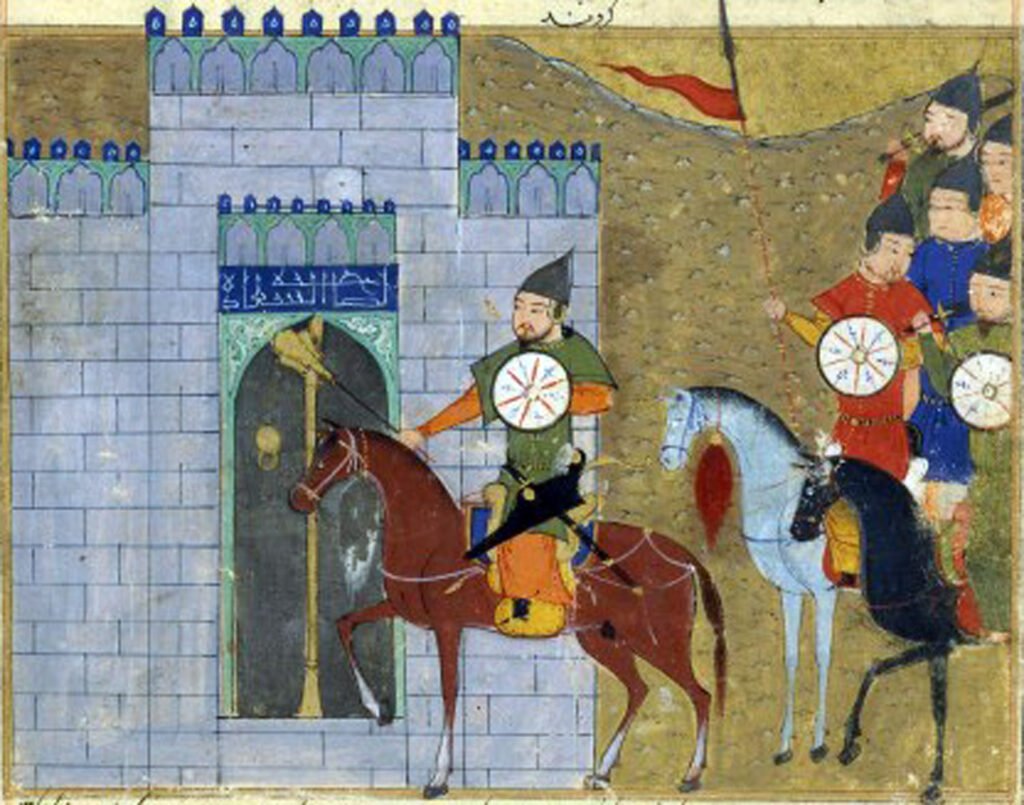
Heritage and death
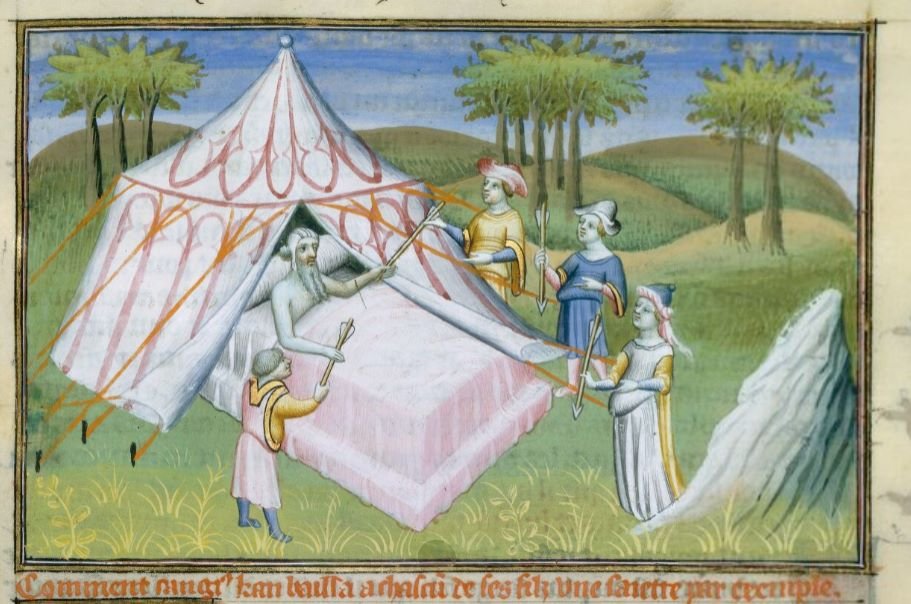
Genghis Khan died during a voyage in 1227. The exact cause of death is unknown, but it is believed that he was wounded by falling from the throw or died from illness. After his death, the Mongol Empire continued to expand by its sons and grandchildren. Kubilay Han established the Yuan dynasty of the Mongolian Empire in China, and Batu Han expanded westward by establishing the State of the Golden Age.
The legacy of Genghis Khan is that he established one of the greatest empires in history. His military and administrative achievements profoundly influenced world history. Genghis Khan is a leader with both brutal conquests and an effective style of governance that has left a mark in history.
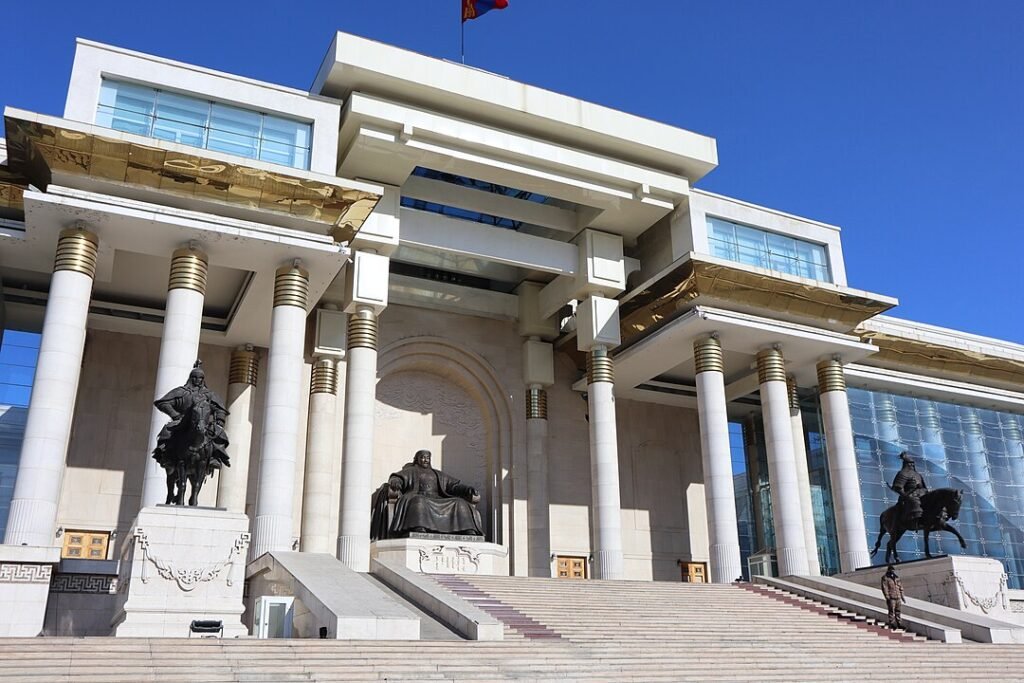
Genghis Khan’s life and achievements are an indication of his military prowess and managerial skills. The expansion of the Mongol Empire had a major impact on world history and influenced many cultures. His legacy is still debated and studied today. The story of Genghis Khan contains important lessons on power and leadership.

